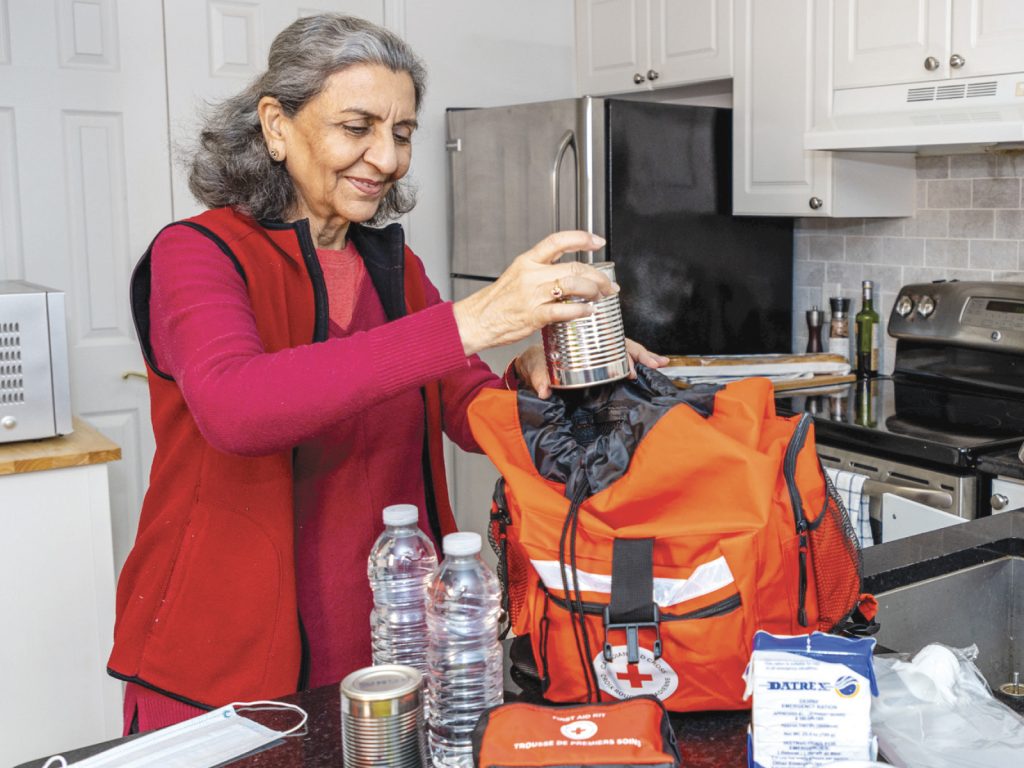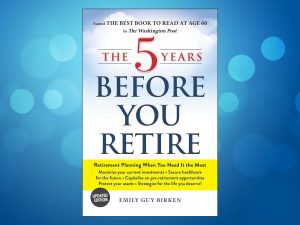Dementia care during emergencies
We often hear news about disasters like storms, wildfires, floods, and extreme temperatures. While you and your family members may have not have experienced a weather, fire or water related event, disasters do happen regardless of your location, and time of day.
When disasters hit, the damage may take days or possibly longer to get restored and you or a loved one may be on your own for several days.
During emergency situations, it’s important for responders to know if someone is living with dementia so that they can provide appropriate support and care. This is especially useful when the individual is separated from loved ones and in a confused or agitated state.
Recommendations from by a variety of experts and a timely report commissioned by Alzheimer’s Disease International, give first responders, health professionals as well as families, caregivers and community members helpful suggestions in preparation for confident and timely action when necessary:
Identify the need for care
Create some safe form of identification that will indicate that the person is living with dementia to best support their need for care. If the person carries a smart phone, store medical information and updated emergency contact information. Any personal belongings should be labelled as well as any items that are being carried by them or their caregivers.
Clearly communicate: In order to help with cognitive processing, speak calmly and slowly to a person. Be patient and speak in simple, smaller sentences that are clear and to the point. Ensure that body language is not contradictory to the message.
Guide and support: During a crisis situation it may be hard for some to understand the extent of the danger they may face and be reluctant to move. Remain calm, clear and encouraging to achieve the goal of achieving your aim to move or relocate the person to safety.
Mobility planning: When issues around mobility occur, facilitate interventions and assistive devices where possible to make walking or transportation safe and secure.
Food, drink and hygiene assistance: The disruption of routine and location along with the general confusion of an emergency can create changes in normal drinking or eating habits. If you can, listen and pay attention to likes and dislikes, ask about medications and try and determine if there are food allergies. Assistance may be needed with toileting and hygiene tasks.
Keep emergency supplies on hand
Soon after the disaster, major lifeline services (electricity, water, gas, telecommunication) may get disrupted for days or longer. During a disaster, you will either stay home or leave immediately if staying home is not safe. Building BOTH household emergency kits and Grab-and-Go bag in advance is critical to take quick actions.
Depending on the particular risks in the area where you live and the time of year, its wise to keep an emergency kit in your car and within easy reach if you have to leave your home. See guidelines for what should be included.
Create and share “safe” space details
If possible provide a shelter where older adults and those with dementia can rest quietly even if its only a temporary basis. This can act as a hub for responders to circle back to if possible and allow loved ones to search and find their family members.
Emergency situations are always challenging and potentially dangerous for everyone. However, for these vulnerable adults and their caregivers, especially if they get injured or separated, they are riskier than ever. However, in a year where, Canada has had more forest fires than ever before in recent history, and the effects of climate change upon us, it’s simply a good idea for each and every family to take the time and make the effort to get prepared.
Responding to agitation
To avoid escalating a crisis, respond with compassion. Let the individual you are attempting to help know that their feelings are valued, and you are there to help. You should:
• Allow adults to maintain as much independence as is reasonable.
• Expect pacing, repetitive movements and confusion.
• Secure an area to prevent wandering.
• Establish a safe, quiet space, free of clutter.
• Request medical assistance when available.
5 Tips for carers
How to help with planning and response:
• Understand what you may be expected and required to do to assist someone you support, including helping to develop a plan, prepare emergency supplies and documents to sign up for local registries and support their evacuation, etc.
• Ensure you have received training in first aid and CPR, how to use or operate assistive devices or medical equipment and how to support their personal care needs.
• Know how to teach others to communicate effectively with the person you care for who may require hearing, visual, speech or other communication adaptations.
• Know how to provide additional emotional and behavioural support, especially to help a person living with dementia, a disability or active mental health issues.
• Have a current picture of the person you are caring for, in case you get separated, and a copy of their essential medical and treatment information to access the right care. It may be helpful to discuss getting the person you support a personal or medical identification bracelet.

Basics for a household and portable emergency kit
• Non-perishable food, and water (Plan according to food needs)
• Emergency Equipment: First aid kit, whistle, portable radio
• Rain gear
• Cash/Banking Information
• A warm change of clothes and sturdy shoes
• Phone chargers, and batteries
• Any battery backup plans needed for medical devices
• Backup supply of medications
• Any additional items such as assistive devices, comfort items, extra prescription eyewear etc.
• Copies of important information, (household information, medical information and financial/legal information) possibly consider safeguarding in a fireproof or waterproof container.
Anjolina Rankin-West is an editorial assistant at the Canadian Abilities Foundation.













